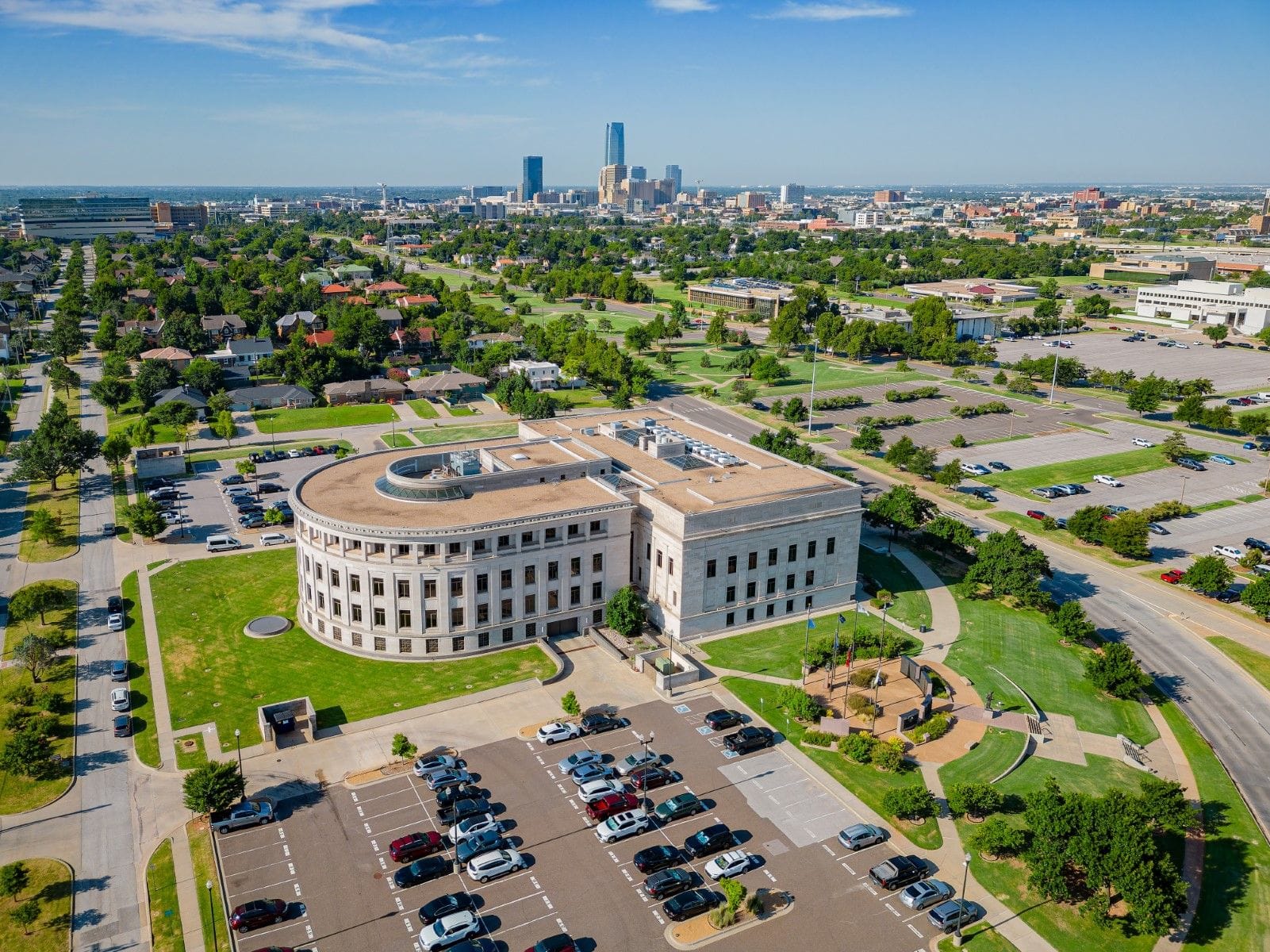Oklahoma Expert Witness Disclosure Requirements
Oklahoma requires timely expert witness disclosures to ensure fair trials, emphasizing detailed information and ongoing updates to avoid severe penalties.
Updated on
In this article
When Are Expert Witness Disclosures Required in Oklahoma?
In Oklahoma, the timing of expert witness disclosures is governed by the Oklahoma Rules of Civil Procedure and specific local court rules. The initial disclosure of expert witnesses is typically required early in the litigation process. According to the Oklahoma Rules of Civil Procedure, parties must disclose the identity of any expert witness they intend to call at trial along with a summary of the expert's opinions as soon as practicable, but no later than 90 days before the trial date. This timeline ensures that both parties have adequate time to prepare for cross-examination and to consider the expert testimony in their case strategy.
Supplemental disclosures are necessary if there are changes to the expert's opinions or if additional information becomes available. These updates must occur promptly, and ideally, no later than 30 days before trial. In certain complex cases, courts may set specific timelines for expert disclosures in scheduling orders, which may deviate from standard timelines and should be closely adhered to by the parties involved.
Information That Must Be Included in the Disclosure
Oklahoma law requires that expert witness disclosures contain comprehensive information to facilitate fair trial proceedings. The following elements must be included:
- Expert Qualifications: A detailed account of the expert's qualifications, including their education, training, and experience, to establish credibility.
- Opinions and Bases for Opinions: A thorough summary of the expert's opinions and the factual basis or methodology used to form these opinions.
- Data Considered: Identification of the data or information considered by the expert in forming their opinion, allowing for effective cross-examination.
- Fee Structures: Disclosure of the compensation being paid to the expert, which may be relevant to questions of bias.
- Prior Testimony: A list of cases in which the expert has testified in the past four years, providing insight into their experience and potential biases.
These disclosure requirements are designed to provide transparency and allow opposing parties to effectively challenge or corroborate the expert's testimony.
Supplementing and Amending Expert Disclosures
The duty to supplement or amend expert witness disclosures in Oklahoma is critical to maintaining the integrity of the judicial process. Parties are required to update their disclosures if they learn that the information previously provided is incomplete or incorrect. This duty is ongoing and extends throughout the discovery phase until the trial.
Supplementation is required when:
- New information arises that affects the expert's opinions or the basis for these opinions.
- There are changes in the expert's qualifications or compensation.
Failing to appropriately update disclosures can lead to significant consequences. Courts may exclude the expert's testimony if the opposing party is prejudiced by the failure to disclose. Additionally, parties may face sanctions, including fines or adverse inferences, which can impact the outcome of the litigation.
Consequences of Failing to Properly Disclose an Expert
Non-compliance with expert disclosure requirements in Oklahoma can have severe repercussions. The most immediate consequence is the potential exclusion of the expert's testimony. Under Oklahoma law, if a party fails to disclose an expert witness or their opinions adequately, the court may prohibit the expert from testifying at trial.
Further penalties include:
- Motions to Strike Experts: Opposing parties may file motions to strike the expert's testimony, arguing that the inadequate disclosure has prejudiced their case.
- Sanctions: Courts have the discretion to impose sanctions on parties who fail to comply with disclosure rules, which may include monetary fines or orders to pay the opposing party's costs.
- Litigation Risks: Failing to disclose can undermine a party's credibility and weaken their overall litigation strategy, potentially affecting settlement negotiations or trial outcomes.
These consequences underscore the importance of adhering to disclosure requirements to avoid jeopardizing one's case.
State-Specific Rules and Key Considerations
Oklahoma's rules regarding expert witness disclosures align closely with the Federal Rules of Civil Procedure but include unique state-specific nuances. Under Title 12 of the Oklahoma Statutes, Section 3226 governs the discovery of expert witness information, outlining the requirements for disclosure and supplementation.
Key considerations include:
- Local Court Rules: Different judicial districts within Oklahoma may have additional rules or orders affecting the timing and content of expert disclosures.
- Variations from FRCP: While Oklahoma generally follows the federal model, practitioners should be aware of any departures or specific interpretations by Oklahoma courts.
- Case Law: Oklahoma courts have addressed expert disclosure issues in various cases, such as State ex rel. Oklahoma Bar Ass'n v. Dobbs, emphasizing the importance of full and timely disclosure to ensure procedural fairness.
In conclusion, understanding and complying with Oklahoma's expert witness disclosure rules is essential for legal practitioners. By adhering to these requirements, parties can ensure a fair trial process and avoid the significant consequences of non-compliance.


